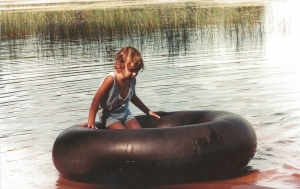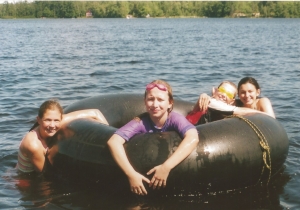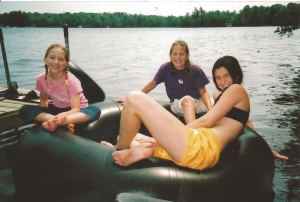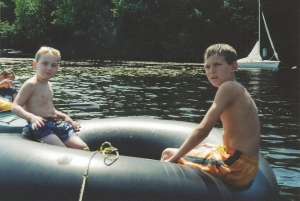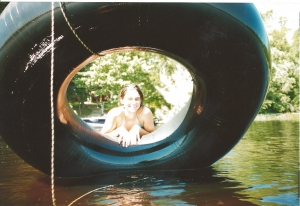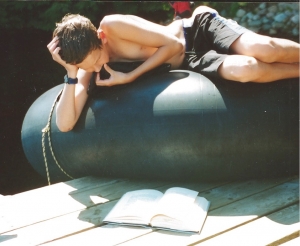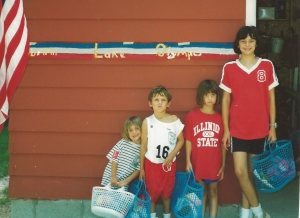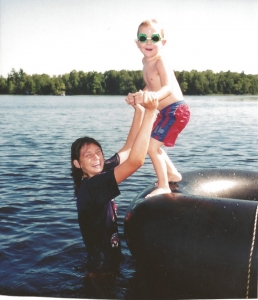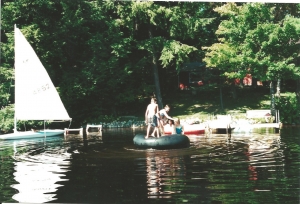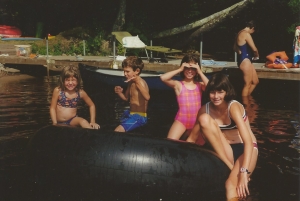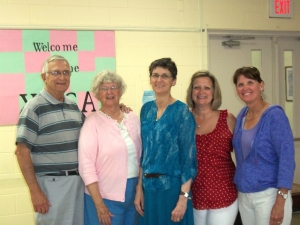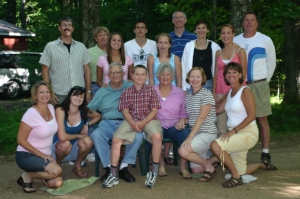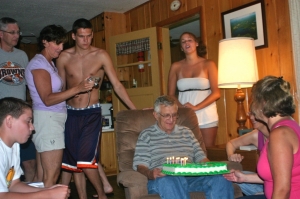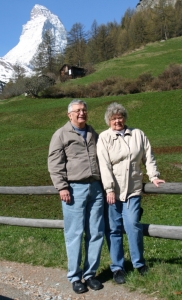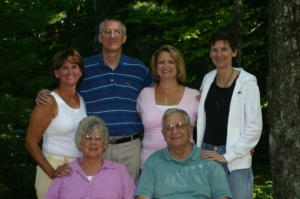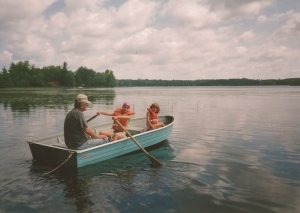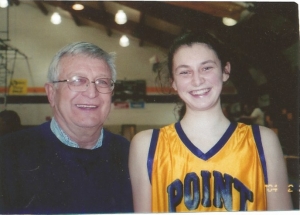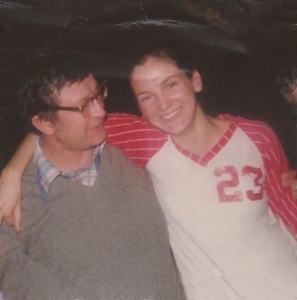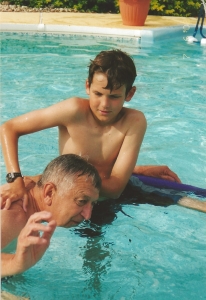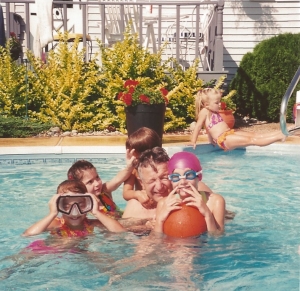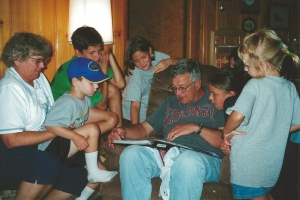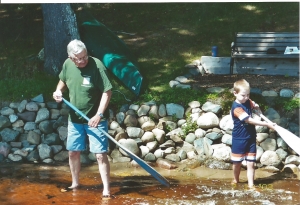 Americans know the story of how Native Americans saved Pilgrims from starvation back in 1620 by teaching them to tap maple trees, plant corn and fertilize soil, but I have been trying to explain Thanksgiving to Europeans for decades. They remain bewildered by our Thanksgiving, a journée de remerciements. They think it is the only day of the year where Americans prepare a hot meal and eat slow food.
Americans know the story of how Native Americans saved Pilgrims from starvation back in 1620 by teaching them to tap maple trees, plant corn and fertilize soil, but I have been trying to explain Thanksgiving to Europeans for decades. They remain bewildered by our Thanksgiving, a journée de remerciements. They think it is the only day of the year where Americans prepare a hot meal and eat slow food.
Decades ago when I moved to Europe, I was a pilgrim at the mercy of my French teammates who taught me their language and customs.
A year later, I became indebted to German friends who shared their homes and meals. Accepted by marriage into my French family, adopted into Swiss culture where I now live, I have always been a guest in someone else’s country.
Yet I remain loyal to my roots. Though every feast I have prepared has been a fiasco, Thanksgivings with my Franco American family has always been sacred.
“Are any European celebrations similar to Thanksgiving,” I once asked my husband. He looked at me incredulous.
“Of course not,” he said. “Native Americans are the only people on the planet gracious enough to thank their conquerors.”
No matter what the circumstances or who shows up at the table, T-day is one tradition I cherish.
My first year abroad I invited French teammates to dinner and much to my chagrin they ate the meal in courses, one dish at a time. The next year in Germany, the team turnout was so great, there was standing room only; we never sat down to dine.
When I introduced the custom to my French family, my mother-in-law served raw oysters first and insisted a turkey was too big; chicken would suffice.
If left to their own devices, Europeans could butcher our day of thanks.
What American celebrates Thanksgiving by eating an seven-course meal standing up? Who replaces Tom Turkey with Chicken Little to eliminate leftovers? Leftovers are Thanksgiving.
Born in the Land of Lincoln, I consider it my patriotic duty to give thanks on the fourth Thursday of the month, the day Abe appointed as a national holiday in 1863 when he gave gratitude for an instrumental Union Army victory at Gettsyburg.
Expats everywhere create their own special ties to their heritage.
When my Norwegian grandfather immigrated to America, he insisted on keeping the Norwegian tradition of eating lutefisk and lingonberry on Christmas Eve.
“My dad brought strangers home to dinner,” my mom said. “He’d say ‘so many people helped me when I arrived in the United States, I want to return the favor.’”
Every Thanksgiving, I gather family, friends and “foreigners” in a feast honoring my Norwegian ancestors, my American homeland and my host country. To avoid offending guests, I whisper thanks to the Great Spirit who watches over all of us regardless of our religious, national, or ethic affinity.













